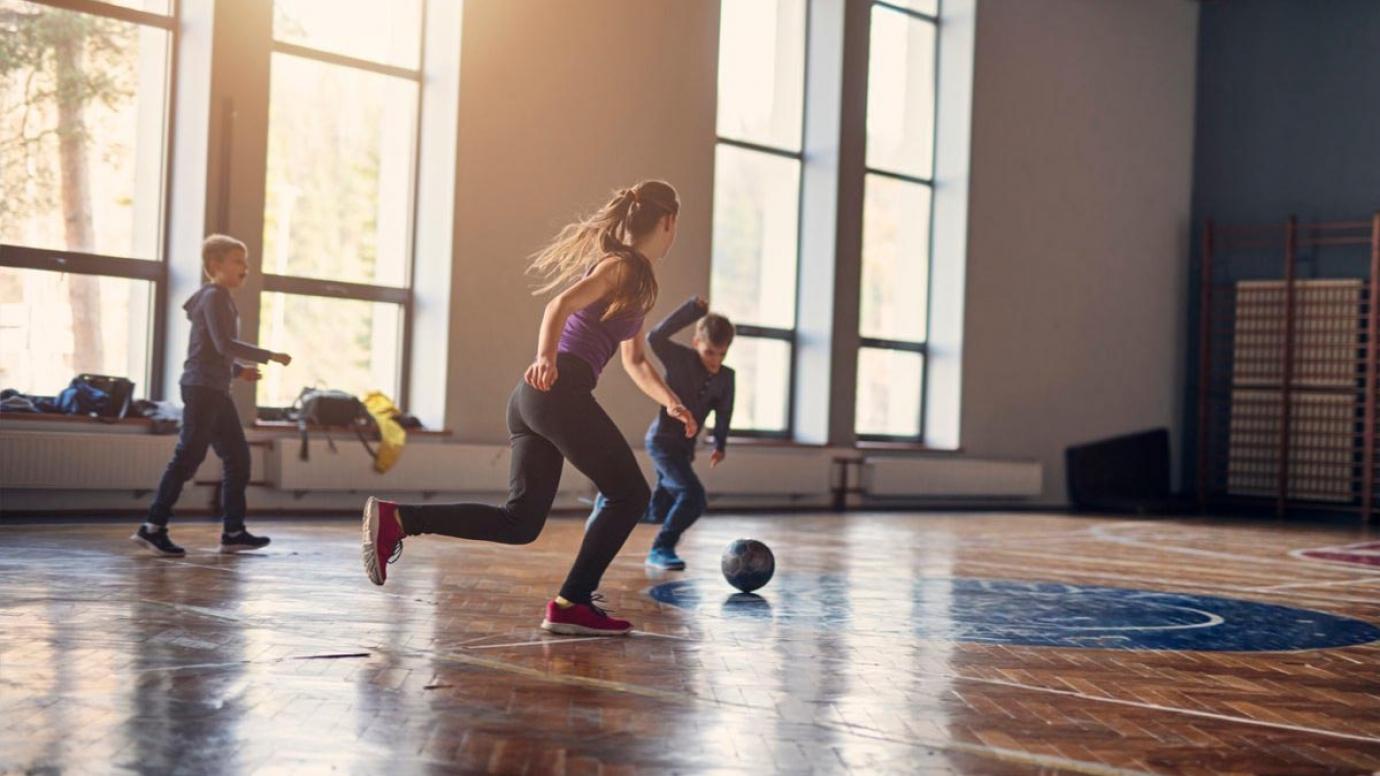How can schools help foster good sporting habits?

The impulse to do regular physical exercise is often learnt at school, which is why teachers have a huge responsibility to instil sporting habits from an early age. But, how can schools ensure that children stay active?
One way is to develop educational and competitive sports events, which is what the International School Sport Federation (ISF) does. At the crossroads between education and sporting systems, the ISF organises single sport, multi-sport and educational events for school students aged between six and 18.
Inspire young people
The ISF President Laurent Petrynka says the organisation’s strategy is to develop international school sports events that inspire young people to be physically active. “ISF promotes the values of education through sport,” he says. “We believe that a global experience can support young people in finding an interest to participate in sport on a regular basis.”
The ISF is the umbrella federation for 120 national school sports organisations across the world, including the European Union’s 28 Member States. This also includes physical activity done for fun, outside of a competitive framework. Its events additionally include educational, cultural and volunteering activities, which aim to improve the health of young people and give them both leadership and citizenship skills.
Petrynka says the aim is to bind sport into the wider educational experience. “The ISF is a firm advocator to have compulsory physical education lessons and structured school sport activities in all national education frameworks and curriculum,” he says.
The ISF is also an educational partner for the European Week of Sport (EWoS), a role it takes with pride, Petrynka says. “EWoS provides a strong European model for increasing opportunities to engage in sport and physical activity as well as raise awareness on its importance,” he says. “I strongly believe in the EWoS, not only for the platform it provides for everyone to #BeActive, but also for the opportunities it provides for stakeholders in and around the world of sport to further connect with each other.”
Mobilise young people
The ISF is one of the supporters of the BeActive #5minchallenge, based around the idea that even five minutes of exercise a day can have beneficial effects. Petrynka says the #5minchallenge can mobilise young people around the world, notably through social media. “It is crucial for our organisation to find new and different ways to get young people more engaged in sport and physical activity,” he says. “Whatever the time spent, it is still positive to engage in sport or in any physical activity. Five minutes of high-energy exercise per day can, of course, be beneficial health wise. However, I invite people to be consistent, to engage in physical activity on a regular basis and for longer periods if they can.”
The ISF, which has its base in Brussels, is recognised by the International Olympic Committee and has more than 30 sports in its competition programmes It organises four different categories of events: Multisport Games (summer and winter Gymnasiade, Combat Games); World Schools Championships; International School Sport Cups; and Educational events like the Inclusive Games and She Runs. Each year the ISF coordinates more than 12 international sport and educational events around the world gathering over 5,000 young people. Next year, as well as the 11 ISF World Schools Championships, the ISF will organise the Gymnasiade – School Summer Games 2020, which will take place in Jinjiang, China.
EWoS activities
Petrynka also wants to engage more closely with the EWoS. “I believe we can and must go further by mobilising other stakeholders during that week, from outside of the EU sport system such as health, educational organisations as well as schools and companies,” he says. “Activities within the EWoS such as the #5minchallenge are key examples of what can be done to better engage people. New initiatives that are simple to take part in are important to attract people’s attention and maintain their interest. Therefore, EWoS needs to continue to expand and develop its ability and effectiveness.”
Last updated:


